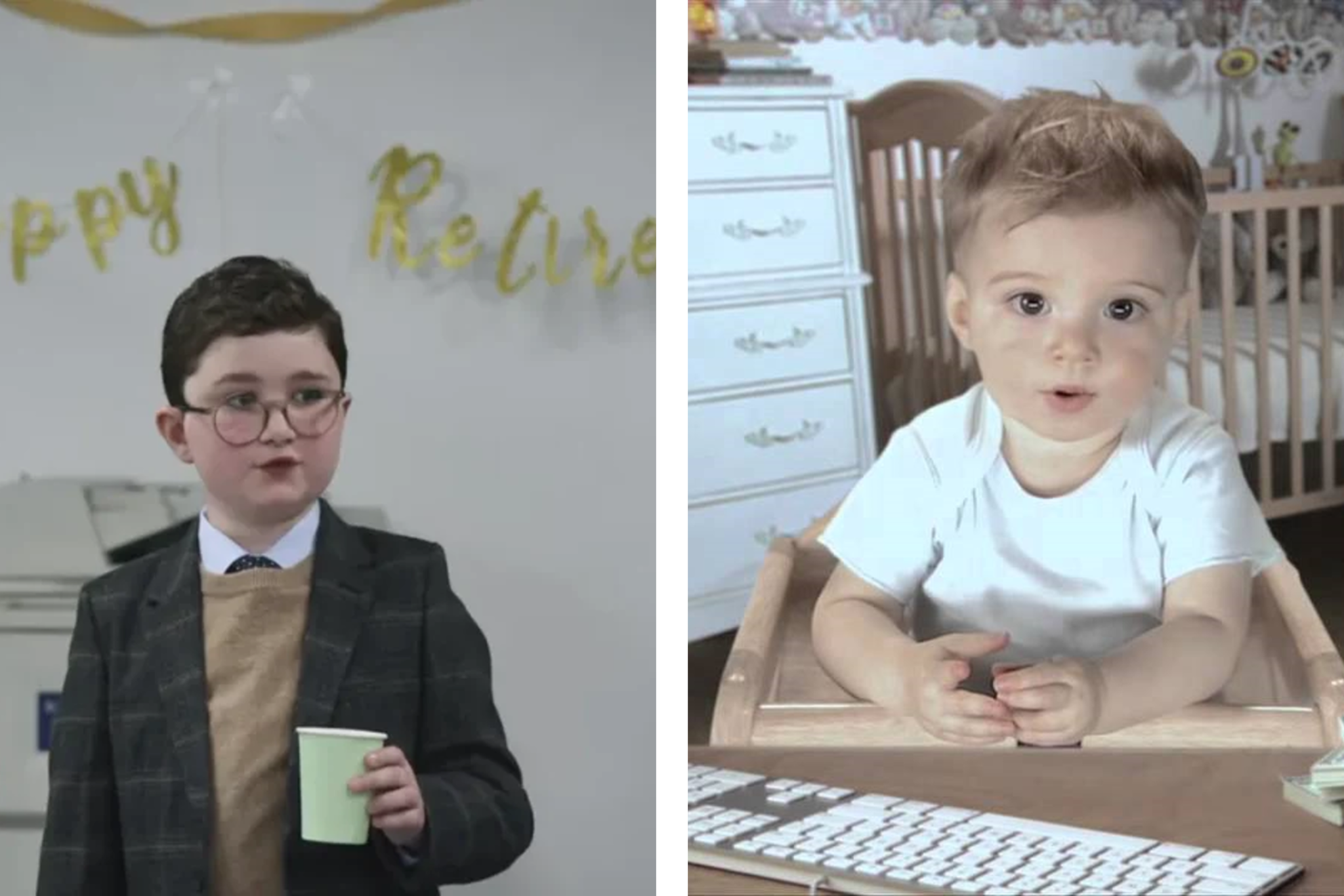It is one of the most iconic ads of the 21st century. Yet the ‘Trucks’ sequel failed to engage audiences, despite sharing exactly the same idea of “rediscovering joy.” Inanimate objects simply don’t resonate as much as (seemingly) real animals.
80% idea, 80% execution
An idea is only as good as the way it’s expressed.
The campaign was praised for shattering beauty stereotypes in advertising, and contributed to a doubling in sales. Yet its core insight is remarkably similar to the one in a Body Shop campaign that ran seven years earlier: “there are 3 billion women who don’t look like supermodels and only 8 who do.”
Barclays and E-Trade both use this insight in their advertising, but the latter is more engaging because of the adult voiceovers and the humorous scripts.
The Spotify & Sainsbury’s campaigns are based on this simple idea, but different creative styles mean that Spotify’s is more powerful.
This one idea underpins the ads from Surreal & Suddenly Fragrances (Lidl’s own brand), yet the two resonate differently.
Several brands, like Barry’s Bootcamp, Tesco and Arsenal F.C. now use the same ‘year in review’ concept, but none resonate as well as Spotify’s. For one, music is heavily influenced by moods, trends and nostalgia, while buying groceries is a functional process based on needs and cost. Tesco’s Clubcard Unwrapped only serves to remind people how much of their income is spent on (often unhealthy) food. Essentially, these brands are mostly not limited by their ideas – they’re limited by their category.






